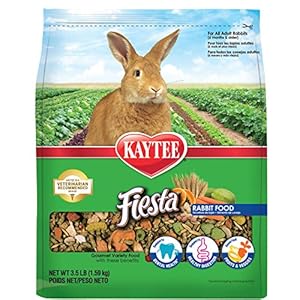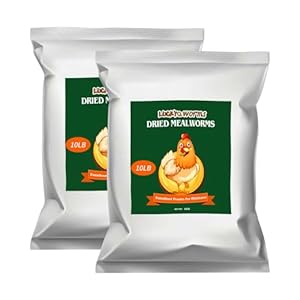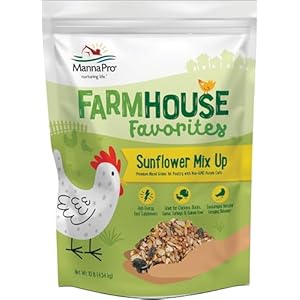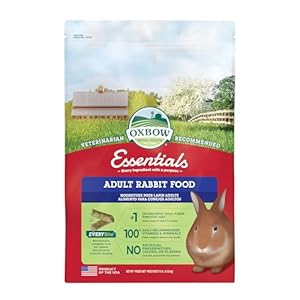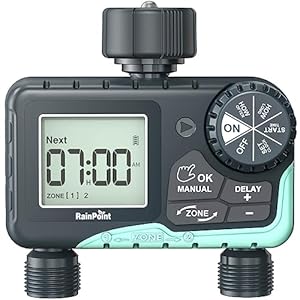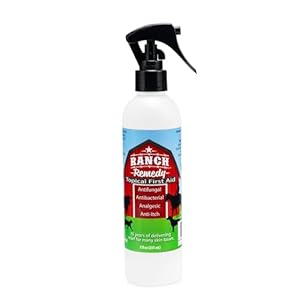Additionally in 2023, Lula reappointed Marina Silva, the one-time Inexperienced Celebration presidential candidate and environmental chief, as his Minister of Atmosphere and Local weather Change. The brand new workforce got down to slowly however steadily shift Brazil away from its heavy reliance on promoting commodities—lots of them grown in deforested areas—to what Lula has known as a “bio-economy,” which creates worth out of Brazil’s bounty of genetic assets. Ultimately, the 2016 legislation started to be carried out throughout the nation.
The doc itself is an especially difficult 22-page piece of legislation. It requires that any firm or analysis establishment accessing the nation’s assets should interact with a Brazilian associate, and should register their accessions with SisGen. Greater than 16,000 plant accessions have been registered up to now this yr, says Novion. When a business product is developed from these assets, 1 p.c of the annual retail gross sales have to be both offered to the area people or deposited into the Nationwide Profit Sharing Fund. (In some situations, firms might choose to offer companies that quantity to lower than that determine).
The funds are to be dispersed to help native and Indigenous communities’ biodiversity conservation efforts. Up to now in 2024, 9 million reales—roughly $1.6 million U.S.—have been collected for the fund, in accordance with Maira Smith, a biologist with the Ministry of Atmosphere and Local weather Change workforce, which is implementing the brand new legislation.
This system presents recognition and financial compensation for conservation to 3 distinct Brazilian populations: Indigenous folks dwelling on the land lengthy earlier than the arrival of the Portuguese and different colonial powers; conventional small and subsistence-scale farmers who’ve lived off the land for lengthy sufficient to develop their very own information of native genetic assets; and the Quilombolas, the Afro-Brazilian communities descendant from enslaved individuals who have been dwelling within the tropical forests for generations.
The SisGen database represents probably the most substantive effort but to determine the provenance of the nation’s genetic assets, a key first step towards recognizing their ties to conventional information. The worldwide nature of farming and the mobility of seeds—which simply traverse nationwide frontiers by the use of wind, water, vehicles or delivery containers transporting crops—implies that the provenance path isn’t at all times clear, nonetheless.
In line with Novion, many crops grown in Brazil, like corn, soybeans, espresso, and sugarcane, didn’t originate there, and thus wouldn’t be topic to the genetic heritage legislation. However the many different vegetation which can be clearly endemic to Brazil—açai, stevia, guarana are among the many better-known examples—do qualify, and so firms that make the most of them for any new merchandise are topic to the registration necessities.
Many international meals and agribusiness firms with giant Brazilian subsidiaries are topic to those guidelines, together with Corteva, Bayer, Pepsi, Coca-Cola, Nestlé, and Cargill.
And it will get much more difficult, defined Novion: “If a plant emanating from an unique, non-Brazilian supply finds its strategy to Brazil and develops unbiased of human intervention into one other associated selection, then it, too, is a Brazilian genetic useful resource.”
Smith defined that the legislation consists of some sharp enforcement instruments that will probably be used with any overseas firm or establishment. “If there may be an American firm that doesn’t adjust to our laws,” she stated from her workplace in Brasilia, “we are able to attain them by their subsidiary business in Brazil.”
Many international meals and agribusiness firms with giant Brazilian subsidiaries are topic to those guidelines, together with Corteva, an agrichemical and seed conglomerate which till lately was a subsidiary of DowDuPont; Monsanto and its company proprietor, Bayer; and the meals processing and commodity firms Pepsi, Coca-Cola, Nestlé, and Cargill.
With probably tens of tens of millions of {dollars}’ price of recent plant-based merchandise at stake, nonetheless, a lot of main meals and agribusiness firms launched a sustained marketing campaign to weaken the measure because it made its manner by the Brazilian Congress. Among the many main lobbying forces have been the Agricultural Parliamentary Entrance and the Pensar Agro Institute, which obtain help from main worldwide firms like Bayer, Syngenta, Cargill, and Nestlé, in accordance with the Brazilian NGO De Olho Nos Ruralistas.
They succeeded in writing loopholes into the legislation large enough to steer an atmospheric river by.
Agribusiness Loopholes within the Genetic Heritage Legislation
Two main concessions to the agribusiness coalition exempted them from key provisions of the brand new legislation, in accordance with Gustavo Soldati, a botany professor on the Federal College of Juiz de Fora, who has adopted the legislation intently and labored with Indigenous communities to strengthen its enforcement.
These making meals based mostly on Brazilian vegetation should register with SisGen, however are exempted from searching for consent from communities or paying advantages. For instance, if you happen to’re seeking to make a brand new facial lotion containing açai, you must get consent from the native inhabitants and pay advantages; however if you happen to’re making a brand new snack meals with açai, no consent or compensation is required.
“We name this a juridical fiction,” says Naiara Bittenfeld, a lawyer for Terra de Cereitos, a company that advocates for the land rights of Indigenous and native farm communities. As she sees it, the loophole lets many firms off the hook. “Conventional communities can at all times determine the [people] that produce information. All information has an origin.” She cites stevia for example. “If Coca-Cola makes use of stevia in
Scotts Turf Builder Starter Fertilizer for New Grass, Use When Planting Seed, 5,000 sq. ft., 15 lbs.
Wildlife Elements Peanut Party in-Shell Peanuts for Birds, Squirrels, Wild Animal Food, 25 Pound Bag
Moreover, these searching for entry to Brazil’s distinctive bounty of native seeds—outlined within the laws as “reproductive organisms”—should pay into the advantages fund, however are exempt from having to acquire consent from native communities. The legislation states that, for seeds, there are “no recognizable sources” of conventional information.
“Conventional communities can at all times determine the [people] that produce information. All information has an origin.”
Soldati asserts that such provisions “violate probably the most essential rights of Indigenous folks, the precise to be consulted about each topic that includes their lives.”
Maira Smith explains the federal government’s view: As a result of many forest communities have practiced agroforestry for hundreds of years, conventional information is shared by many individuals; information and seed have primarily developed collectively. “The normal information is contained contained in the seed,” she says. That makes it troublesome to determine anyone neighborhood as the first supply of conventional information. In such situations, funds are made into the Nationwide Advantages Fund, which makes grants to communities that shield their genetic assets.
For the previous yr, Soldati, supported by the U.N.’s Inexperienced Atmosphere Fund, has been touring to lots of the biodiversity-rich communities which can be removed from the corridors of energy in Brasilia to elucidate their potential rights below the legislation, and foyer for an enlargement of protections. “We need to plant the roots of information deep contained in the soil,” he stated.
Trending Merchandise





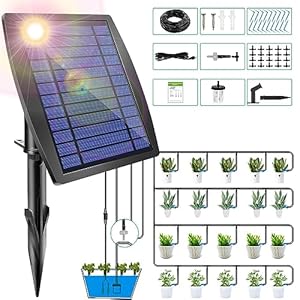
































![Aimerla Foldable Garden Kneeler Seat Heavy Duty [Upgraded Widened Thick Kneeling Pad] Garden Stool with Large Garden Tool Bags with Pockets – Portable Garden Bench Gardening Gifts for Parents](https://m.media-amazon.com/images/I/41ElNpK+jmL._SS300_.jpg)










































































































































































































